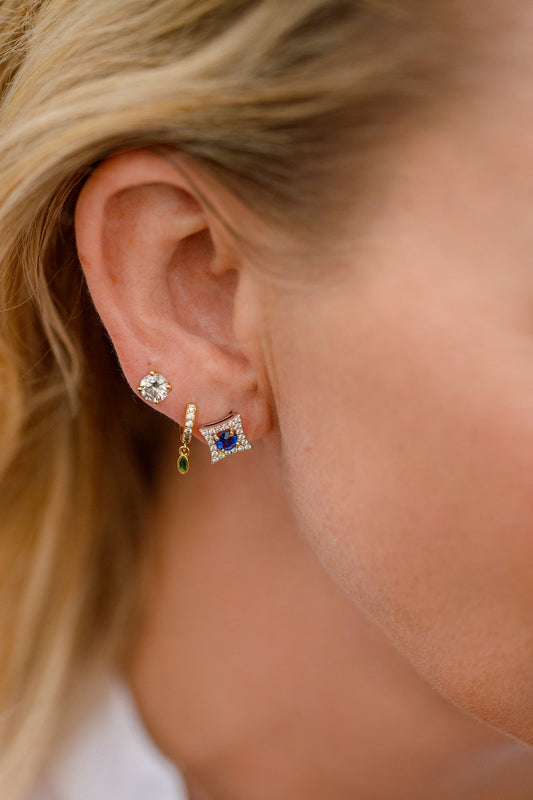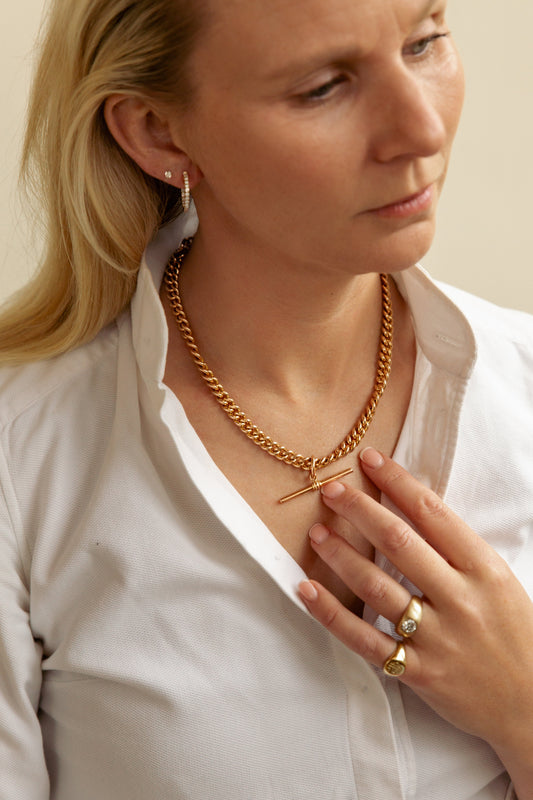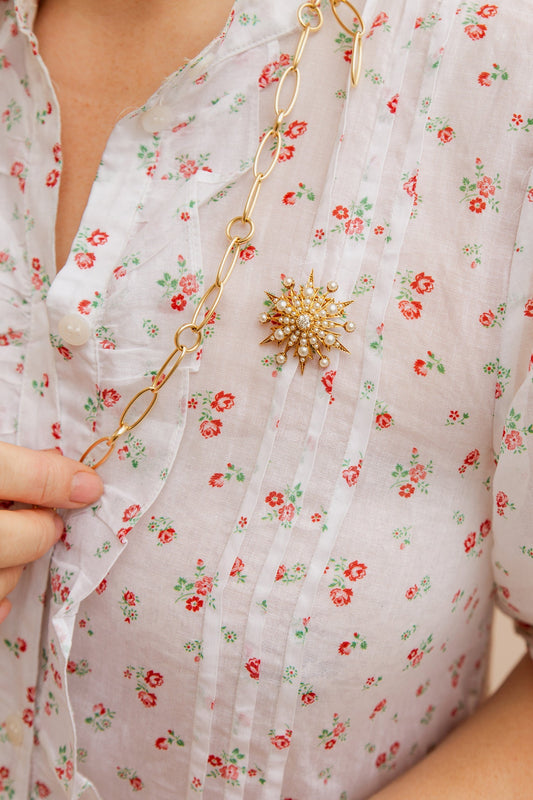Silver, White Gold and Platinum - Whats The Difference?
Megan website@walterbull.co.ukAt a glance, silver, white gold and platinum appear remarkably similar. They share the same soft lustre, the same pale tone, and the same ability to pair beautifully with both diamonds and coloured gemstones. Yet behind that shared appearance lies a world of difference in rarity, composition and price.
If you’ve ever wondered which is right for your next piece of jewellery, here’s what sets each metal apart.
Platinum
Platinum is one of the most precious metals in the world. It is rarer than gold, and significantly denser, which gives it a natural strength and weight that you can feel the moment you pick it up. Unlike many white-toned metals, platinum is not coated or finished to achieve its colour. Its silvery-white hue is completely natural, and it will never tarnish or fade with wear.
This makes platinum especially popular for engagement rings and wedding bands. It holds stones securely, resists everyday wear, and develops a soft patina over time rather than losing its sheen.
Of course, all of this comes at a price. Platinum is more costly than gold, not only due to its rarity, but also because more of it is required to create each piece. For those seeking durability and elegance without compromise, it is a beautiful choice.
White Gold
White gold was first created in the late nineteenth century as a more affordable alternative to platinum. While it may look similar, its composition is quite different. All gold used in jewellery starts as pure yellow gold, which is then alloyed with other metals to strengthen it. In the case of white gold, that alloy includes silver-toned metals like palladium, nickel and zinc. This combination gives white gold its pale appearance.
To achieve the bright white finish many people associate with the metal, white gold is coated with a fine layer of rhodium. This rhodium plating gives it a high-shine surface, though it does wear away over time. Regular wear may mean your jewellery needs to be re-dipped every so often to maintain its brilliance.
White gold remains a popular choice for engagement rings, wedding bands and other fine jewellery thanks to its balanced price point, classic appearance and long-standing reputation for elegance.

Silver
Silver is one of the most traditional jewellery metals, used for centuries in everything from heirloom pieces to modern designs. Sterling silver, which is what most jewellery is made from today, contains ninety-two point five percent pure silver mixed with other alloys for strength. It has a soft, warm white tone and is much more accessible in terms of price than either platinum or white gold.
That affordability comes with a few trade-offs. Silver is more prone to tarnishing than the other two metals, particularly when exposed to moisture or worn daily. It can be polished and cleaned at home quite easily, but it does require regular care to keep it looking its best.
Silver is ideal for occasional wear, statement pieces or anyone looking for the beauty of a white-toned metal without the higher investment of gold or platinum.
Which One Should You Choose?
Choosing between silver, white gold and platinum comes down to lifestyle, intention and personal preference.
If you are looking for a piece to wear occasionally and want something affordable, silver offers beautiful design at a gentle price. If you would like something more resilient that can be worn daily, white gold provides a classic option with just a little upkeep. And if you want the most durable, low-maintenance choice of all and are ready to invest in a lifelong piece, platinum is the metal for you.
A Final Thought
Though they may look alike, silver, white gold and platinum each bring something different to your jewellery collection. Understanding those differences helps you choose pieces that suit how you live, what you love and how you wear your jewellery every day.
Explore our silver and white gold collection to find your perfect match.





